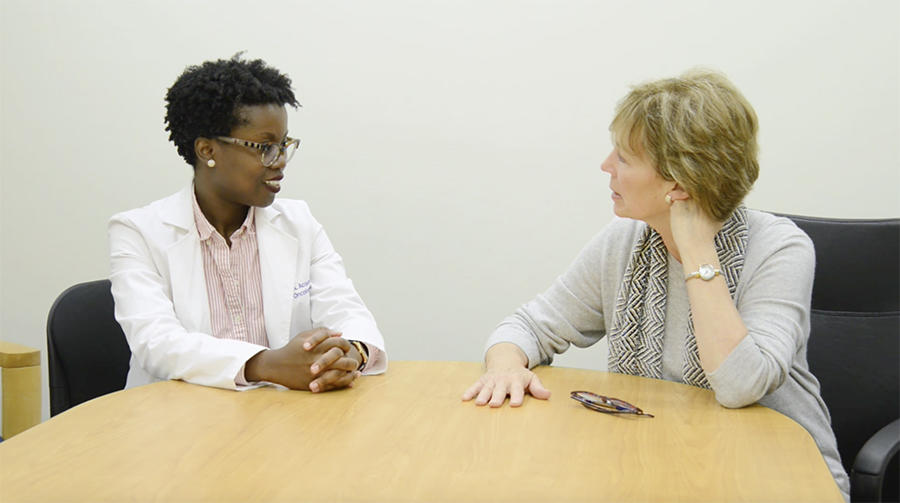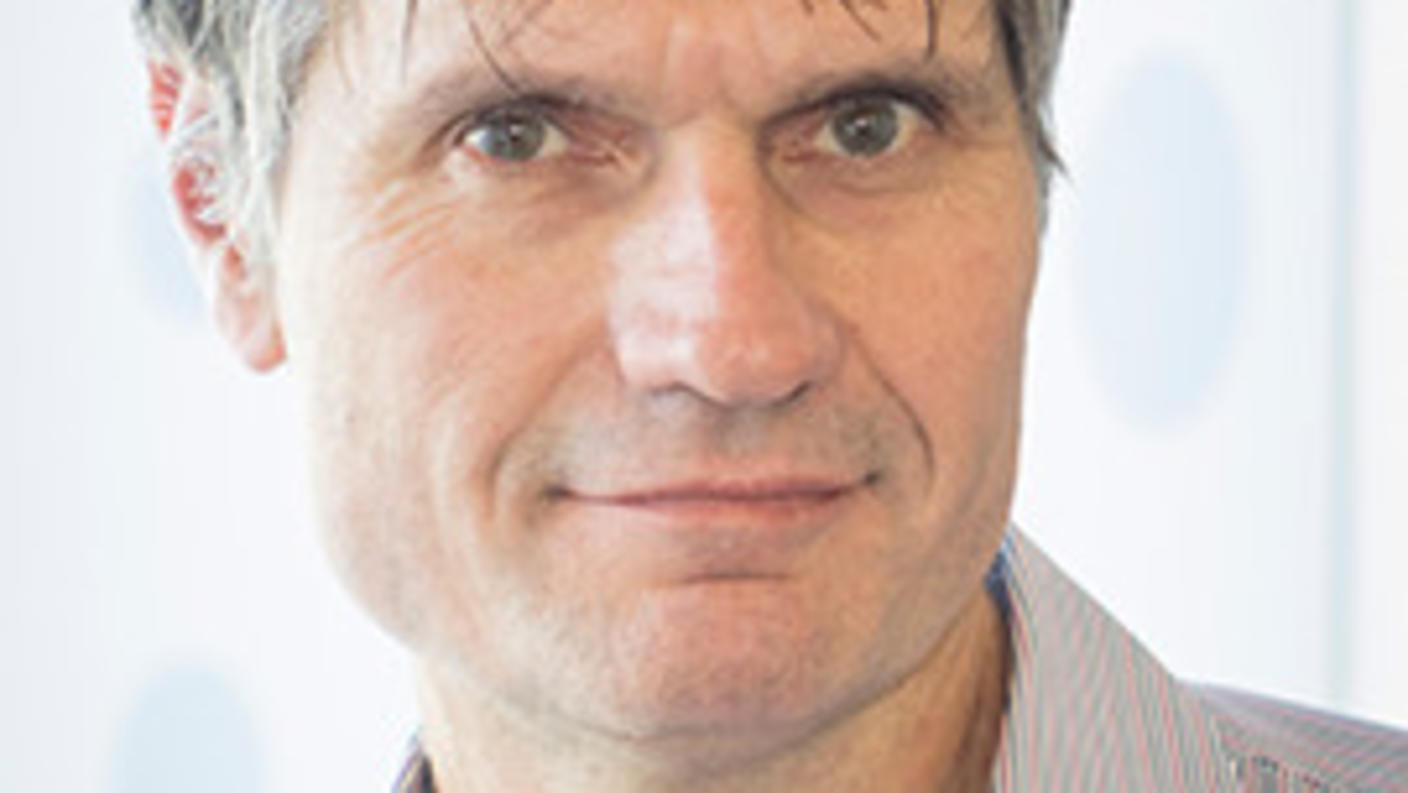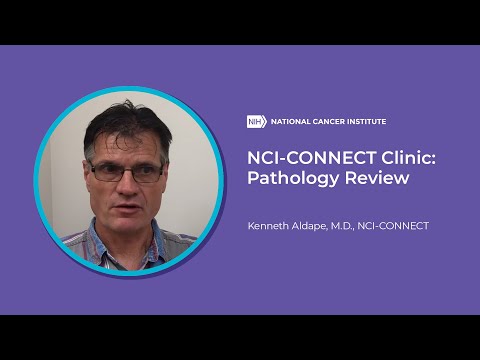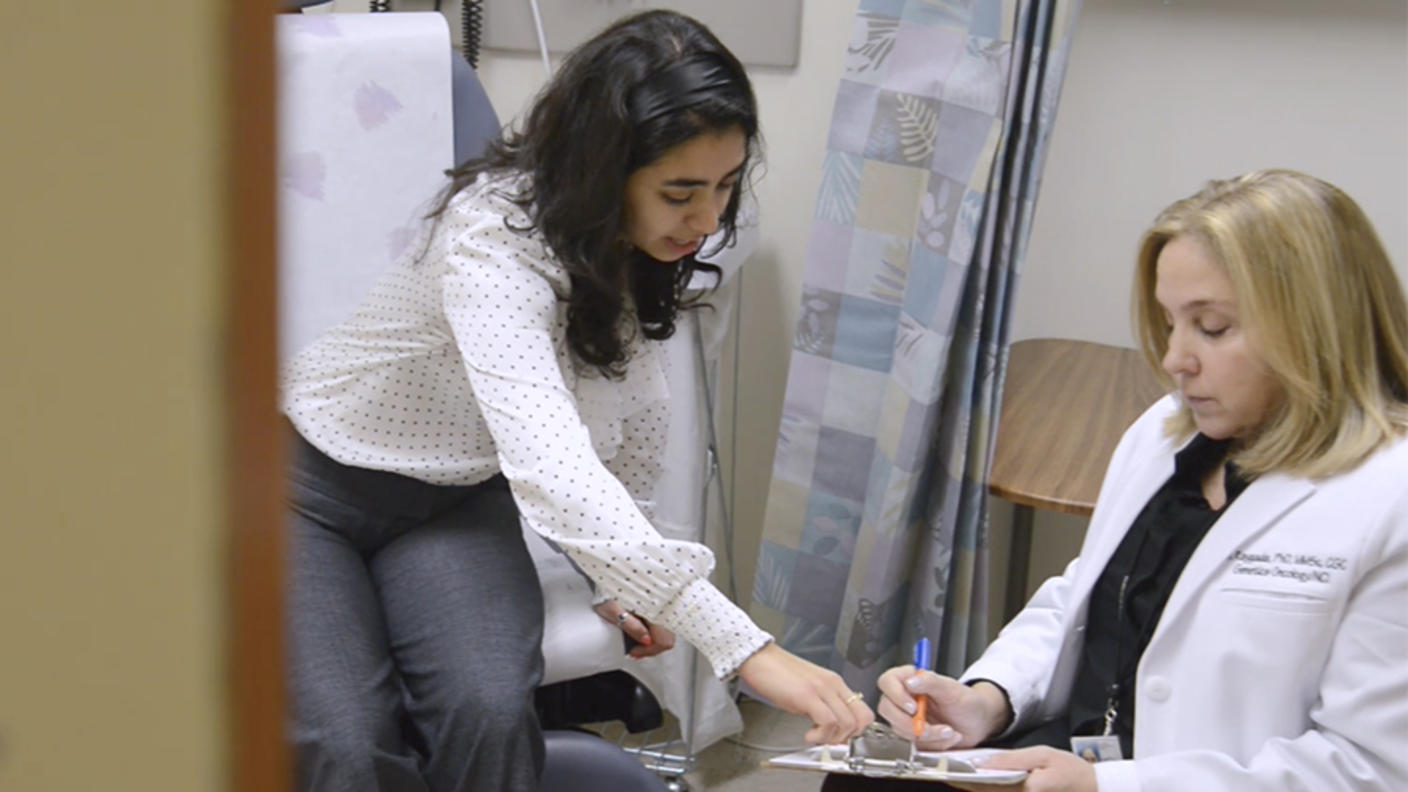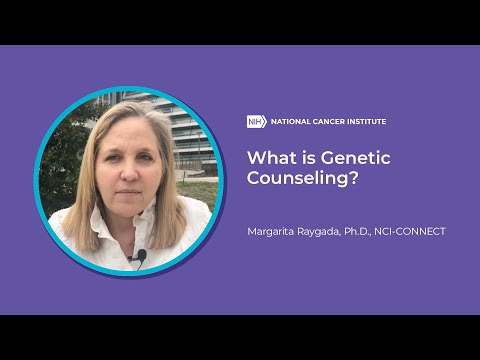You are not alone in your journey with a rare brain or spine tumor. The NCI-CONNECT Clinic brings together adults with the same rare brain or spine tumor and their caregivers to receive special services.
The NCI-CONNECT Clinic is located at the NIH Clinical Center in Bethesda, Maryland and led by the NCI Center for Cancer Research’s Neuro-Oncology Branch (NOB). Patients at the NIH Clinical Center consent to participate in research studies (protocols) and are treated without charge. NIH does not bill for any services.
To participate in the NCI-CONNECT Clinic, have your doctor contact us at NCINOBReferrals@mail.nih.gov or call 1-866-251-9686 or 240-760-6010 (Monday through Friday, 9 a.m. to 5 p.m. ET) to discuss the best options for your care. Please understand that we are not accepting self-referrals or international patients at this time, but your care remains our top priority.
What to Expect from Your Visits to the NCI-CONNECT Clinic
Pathology Review
A precise cancer diagnosis allows doctors to determine the best treatment for you. It also helps predict your prognosis, which is the likely outcome of your disease and your chance of recovery.
In preparation for your first NCI-CONNECT Clinic visit, your case will be reviewed by a neuropathologist—a doctor who examines brain and spine tumor tissue to make a precise diagnosis. Our neuropathologist will:
- Review the pathology of the tumor to learn more about the size, shape, and appearance.
- Consult with other clinical specialists to discuss the imaging and clinical features of the tumor.
- Perform special genetic-molecular analysis to better classify the tumor. This may include gene-panel sequencing and DNA methylation testing.
Our team asks for tumor tissue in the form of a tissue block or unstained slides from the hospital where you had surgery. If you have not had surgery or a biopsy, our NCI-CONNECT health care team may consult with NIH’s neurosurgical oncology team.
A precise diagnosis enables doctors to personalize your care. The pathology results will be discussed with you during your consultation with our health care team. After your visit, your records from your NCI-CONNECT Clinic visit will be shared with your doctor at home.
Health care Team Consultation
Our expert health care team meets with you to help you understand your diagnosis, discuss possible treatment options, and follow-up plans.
During your NCI-CONNECT Clinic visits, you will have a personalized meeting with a nurse practitioner and a neuro-oncologist. Our health care team specializes in treating rare brain and spine tumors and will work together with your doctor at home to ensure you get the best care.
Our health care team will:
- Evaluate your history, tests, MRIs, blood work, and pathology results
- Meet with you to talk about your medical history
- Discuss your pathology results with you
- Select the best treatment or care plan for you
- Meet with you to discuss your treatment or care plan, which may include clinical trial options
- Answer any questions you may have
- Share and discuss your test results and care plan with your doctor at home
Genetic Counseling
During your NCI-CONNECT Clinic visits, you will have one or more personalized meetings with a genetic counselor. A genetic counselor helps determine if your cancer is hereditary (that is, passed down through a family) and what that means for you.
While very few CNS cancers are hereditary, all are caused by genetic changes. Studying these changes helps researchers understand why brain and spine tumors occur in certain people. It also helps researchers develop treatments and improve care.
Our genetic counselor will:
- Meet with you to talk about your personal and family medical history
- Decide if genetic testing is right for you. Genetic testing involves reviewing your saliva, blood, and tumor tissue samples to look for genetic changes to find out if your tumor is hereditary
- Discuss your genetic test results and how the results affect your and your family’s medical care
- Answer any questions you may have
